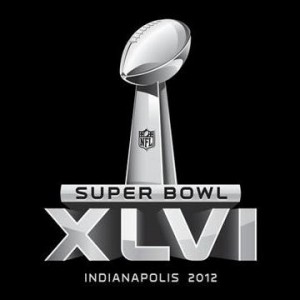 Usually this time of year you’ll see at least one or two stories about the big bad NFL supposedly overreaching to enforce its trademark rights in the term “Super Bowl”. The typical story goes something like this:
Usually this time of year you’ll see at least one or two stories about the big bad NFL supposedly overreaching to enforce its trademark rights in the term “Super Bowl”. The typical story goes something like this:
Jack’s Retail Outlet was shocked and dismayed when it received a cease-and-desist letter from the NFL demanding that it stop referring to its “Super Bowl Special” for discounted athletic wear. While Jack is quoted as saying, “I didn’t think we were doing anything wrong; I’ve seen other companies doing the same thing,” the NFL has responded that those other companies either (a) paid for a license, or (b) received cease-and-desist letters of their very own. Despite public outcry in the local vendor’s favor, the NFL appears firmly entrenched in its position of enforcing its trademark rights.
Like any other business, the NFL invests heavily in protecting the value and exclusivity of its trademarked brands. Its efforts to do so illustrate nicely the value inherent in working to maintain exclusive rights.
Monetizing Trademarks Through Licensing
It is no secret that the NFL charges a handsome rate for the right to use the “Super Bowl” moniker. For brand-based businesses, much of the value of their trademarks comes from the ability to license their famous trademarks to other retailers, manufacturers, affiliates, and the like. If the NFL did not work to maintain exclusivity, then the value of its paid licenses would decrease substantially.
As a result, while big guy-vs.-little guy complaints are generally considered bad press, for businesses like the NFL they can actually be a good thing. Not only to they help reinforce the exclusivity and desirability of the NFL’s brands, they also effectively put business owners on notice that if they are going to use the NFL’s trademarks they are going to have to pay for it—one way or another.
Fair Use (and its Limitations)
An important exception to the exclusive rights of trademark owners (and the reason I can write this article) relates to the doctrine of “trademark fair use.” Fair use permits references to third parties’ trademarks where the references are not used to identify products or services, and where they do not suggest any affiliation, sponsorship or endorsement by the trademark owner. The reason many people consider the NFL to overreach in its trademark enforcement efforts is that in many cases the “affiliation, sponsorship or endorsement” element is not readily apparent. However, I generally fall on the side of agreeing with the NFL’s position—particularly in light of the significant value of the “Super Bowl” brand and the sheer volume of unauthorized uses of the trademark.
All in all, small business owners and entrepreneurs can learn a lot from the NFL when it comes to trademark protection and monetization. First, building a strong brand creates desirability. Then, fostering exclusive rights opens new potential revenue sources. Finally, maintaining those exclusive rights prevents dilution of the brand, and builds value in the business as a whole.
Jeff Fabian helps business owners protect their brands so that they can stay focused on running their businesses. Visit http://etrademarksolutions.com for more information. You can also follow Jeff on Twitter @jsfabian.
This article is provided for informational purposes only, and does not constitute legal advice.




